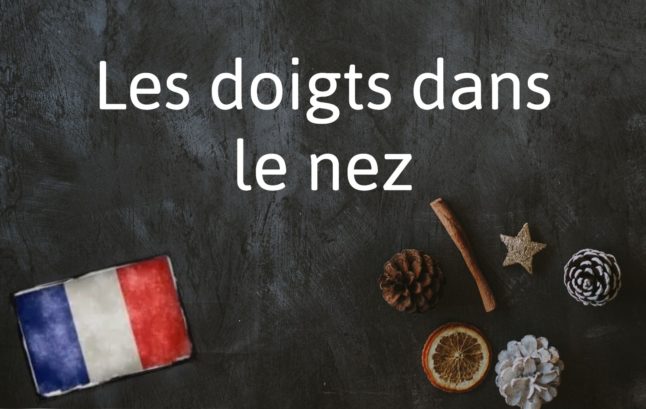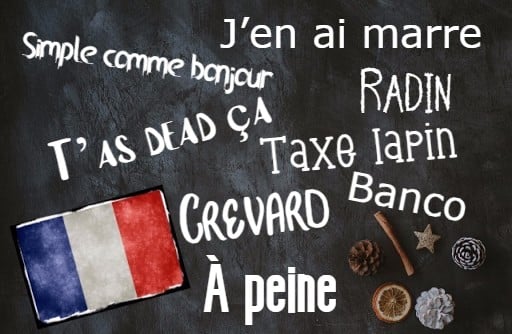Why do I need to know les doigts dans le nez?
Because you don’t need to be disgusted if a French person says this phrase near you.
What does it mean?
Les doigts dans le nez – roughly pronounced lay dwah dahn luh nay – translates precisely as ‘the fingers in the nose’.
However, it’s not related to picking your nose. It actually means ‘doing something with ease’. In English, one might say ‘piece of cake’ or ‘I could do it with my eyes closed’.
Though a popular colloquial expression nowadays, the phrase first began to be used in the early 1900s, after horse races – and originally was accompanied by a gesture. If a jockey handily won a race, the commentator might make this comment or add a gesture to jokingly comment on how easy the win had been.
These days the gesture seems to have fallen out of favour, so you won’t see French people stuffing their fingers up their nose to make a point, but the phrase remains.
It is meant to give the idea that the feat was so easy, it could be accomplished even with two fingers in your nose.
If you are looking for a similar expression, you could also say something was un jeu d’enfants (a children’s game), to describe it being simple and quick.
Use it like this
Ce type a terminé le marathon, les doigts dans le nez. Sérieusement, le gars s’est à peine entraîné et il est arrivé dans les dix premiers. – The guy finished the marathon, piece of cake. Seriously, he barely trained and still finished in the top 10.
Les deux premières semaines: les doigts dans le nez. Mais par la suite, les choses se sont compliquées. – The first two weeks: piece of cake. But after that, things became complicated.



 Please whitelist us to continue reading.
Please whitelist us to continue reading.
Member comments